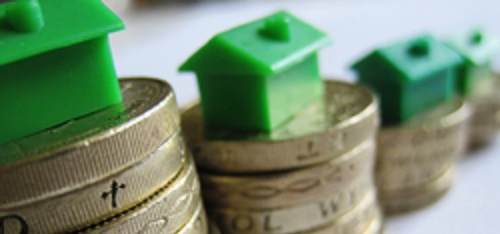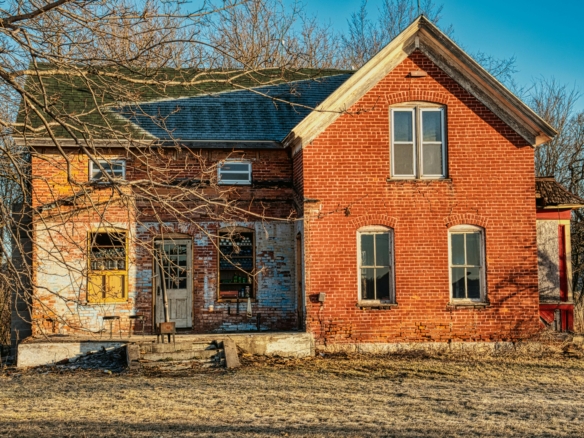Market overview
Tourism in Cyprus has boomed in recent years and the property market has grown with it. The two have become almost inseparable on the island: the Mediterranean climate, so appealing to overseas visitors, is a strong part of its attraction for expats. The retirement market for those looking to relocate abroad is a strong component of the Cypriot property industry. It is no surprise that the two converge in one main hotspot: Paphos.
The south-west coastal resort is the most popular destination, although the history of Limassol and modern nightlife of Famagusta also have their fans.
Cyprus has become increasingly dependent on investors from China and Russia to bolster demand for the island’s property following a new law to offer residency to non-EU buyers who invest.
Average selling prices
£138,969
£237,334
£189,027
£338,441
£710,164
The Selling Process

Marketing your property
The normal means of marketing a property is via an estate agent who can also value your property. If you used an agent to buy your Albanian home, it would make sense to use the same one to sell it as they will already know the property.

Legal Representation
Cyprus and the UK share many legal similarities but property and land law have many crucial differences. It is good practice to employ a local lawyer before you find a property or part with any money.

Negotiating a pre-sale contract
Before negotiating an Undertaking or Pre-Sale Contract you should review with a lawyer the property documents, as well as thecontent of any proposed Agreement.

Negotiating a reservation contract
The contract is drawn up by a solicitor and it should include at least thefollowing points for it to be a valid contract of sale:
- Reference to the vendor
- Reference to the purchaser
- An accurate description of the property (if it is under construction or sold “off-plan”, an accurate description of the specification will be required)
- The purchase price and terms
- The date of delivery and title transfer

Deposit
Once a price has been agreed, the buyer will put down a reservation fee which is usually about 1% of the sale price. The reservation fee should be held by an appointed solicitor until all necessary checks are made and contracts are signed. The reservation fee shows that the buyer iscommitted but it is also a guarantee for the buyer that he or she will not be ‘gazumped’.
Selling Costs Checklist

Once you have met these costs, you have paid to sell your home
Agent fees – typically around 3% to 5% of the purchase price. CGT – payable by residents and non-residents at a rate of 20% on gains.
Photo:AJC1, Sergey Yeliseev




